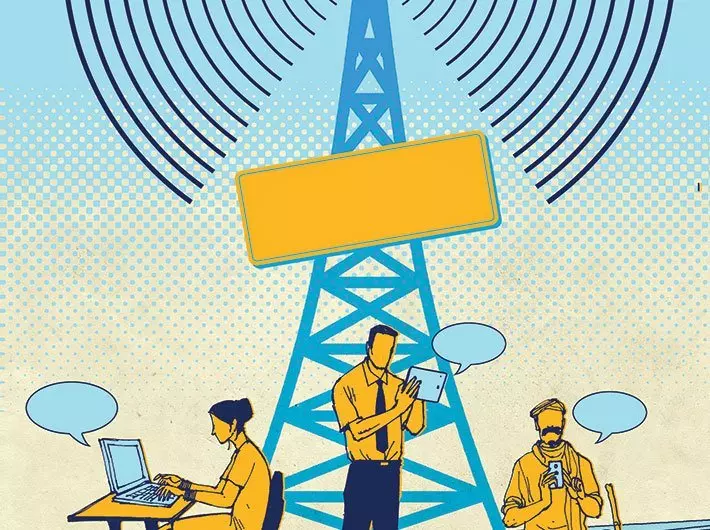Telecom operators seek to bring call, messaging apps under licence
Major telcos and industry body COAI -- in their comments on the consultation paper by Trai, have said that the calling and messaging apps should be brought under services to be provided through authorisation
image for illustrative purpose

New Delhi: Telecom operators, in their latest submission to sector regulator Trai, have unanimously demanded to bring over-the-top apps like WhatsApp, Signal and Telegram within the ambit of the licensing regime under the new Telecommunication Act. Reliance Jio, Bharti Airtel, Vodafone Idea and industry body COAI -- in their comments on the consultation paper issued by Trai, seeking views on the framework for service authorisations to be granted under the Telecommunications Act, 2023 -- have said that the calling and messaging apps should be brought under services to be provided through authorisation. "As per our understanding, OTT Communication services are covered under the new Telecom Act as an access service," Telecom operators industry body COAI said in its submission to the Telecom Regulatory Authority of India (Trai).
Reliance Jio said the definition of 'message' and 'telecommunication service' under the newly enacted Telecommunication Act, 2023, includes all forms of telecommunication services, including the communication services provided over the top using the platform, servers or switches hosted in the public internet. "In order to ensure the same rules for the same or similar services, it is important to bring such Over the Top (OTT) communication service providers under Access Services authorisation," Reliance Jio said.
Bharti Airtel said the Telecom Act has a broad definition of 'telecommunications', which includes "any sign, signal, writing, text, image, sound, video, data stream, intelligence or information sent through telecommunication" and it leaves ample room for the inclusion and regulation of OTT communication services under the Act. Airtel said that while licence conditions ensure that communications exchanged through traditional telecom services can be monitored by law enforcement agencies, the same is not true of OTT communications services, which continue to be unmonitored – hindering the processes of law enforcement and crime prevention.
The company said there are checks and balances with respect to customer data handled by telecom operators, but that is not the case with OTT communications services, and this risk is further exacerbated by the fact that most of their servers are located outside India. Airtel said that it, therefore, becomes extremely important that security, privacy and consumer protection measures are horizontally applied across all interpersonal (P2P or business alike) communication. "An authorisation regime would allow the government to monitor and analyse traffic data generated by OTT services, which could be crucial for identifying and mitigating potential cybersecurity threats. This oversight could lead to better regulation of content and communication, ensuring compliance with national security and public safety requirements," Airtel said.
Vodafone Idea said OTT services have witnessed explosive growth globally, and bringing them under the regulatory framework could help protect consumers by setting minimum quality of applications as well as ensuring data privacy and security and providing a clear mechanism for consumer grievance redressal.

